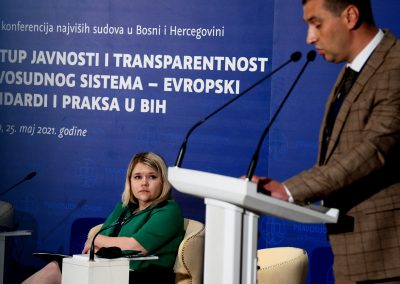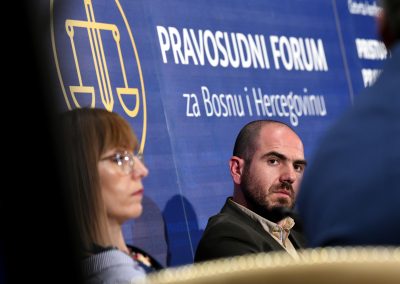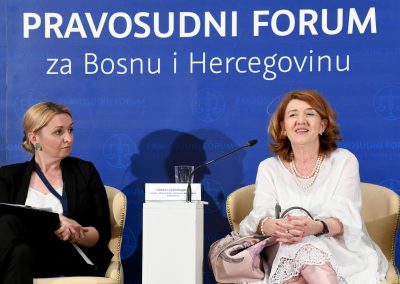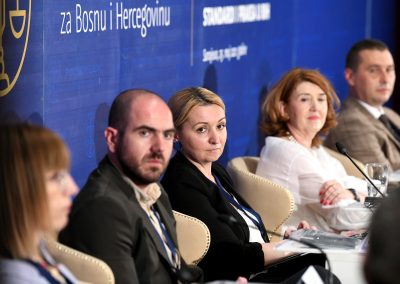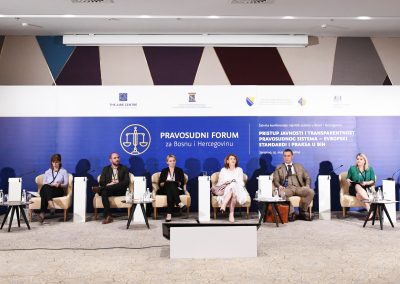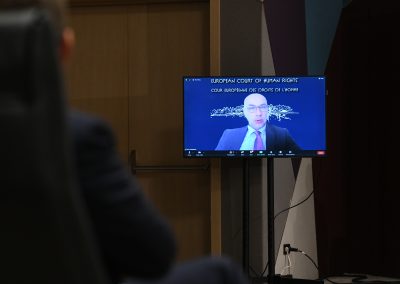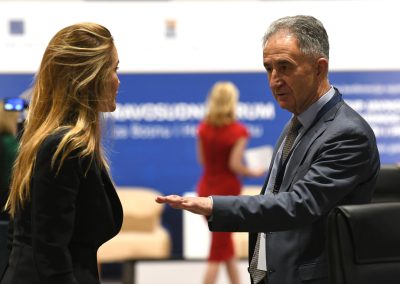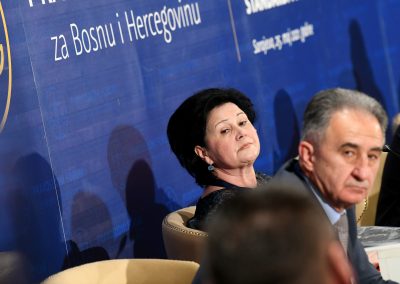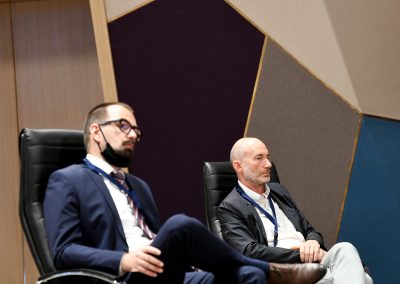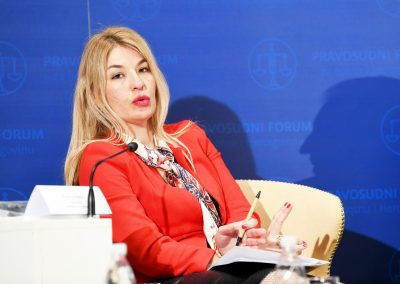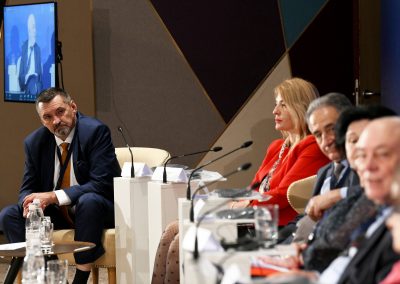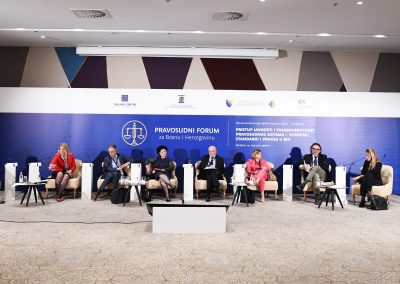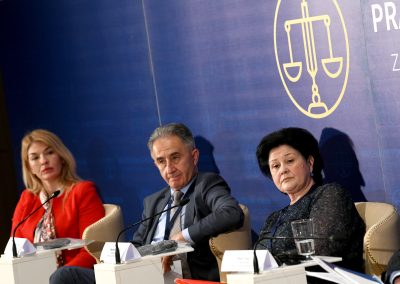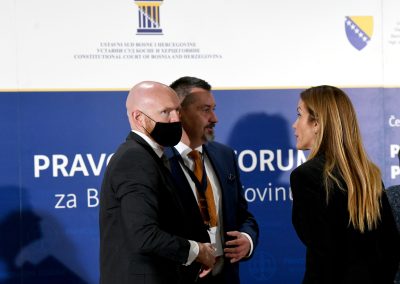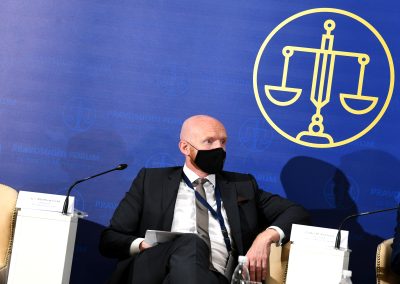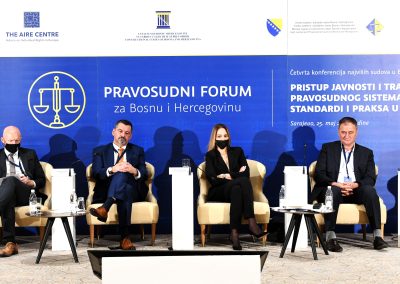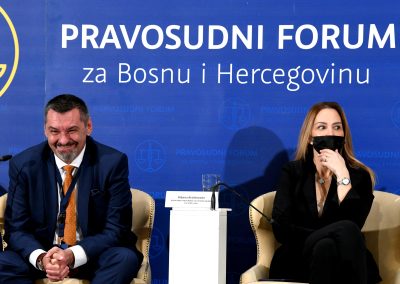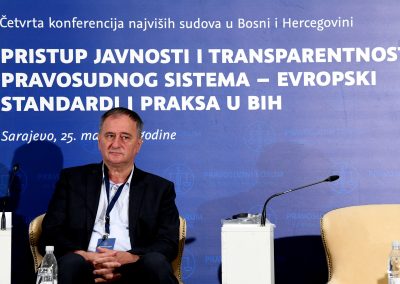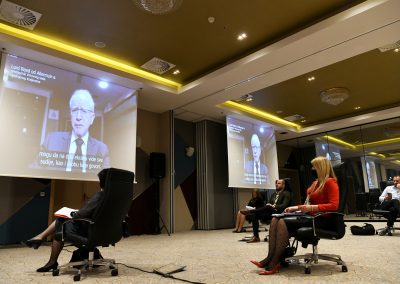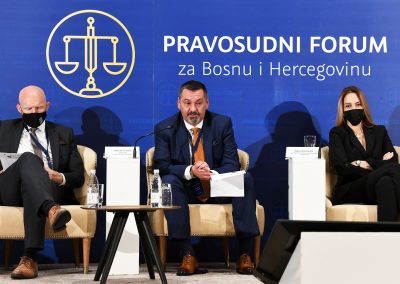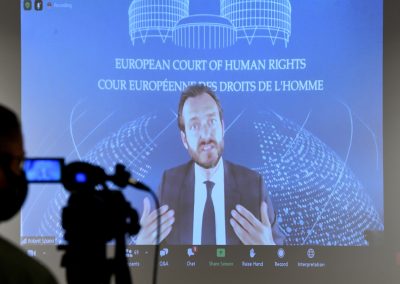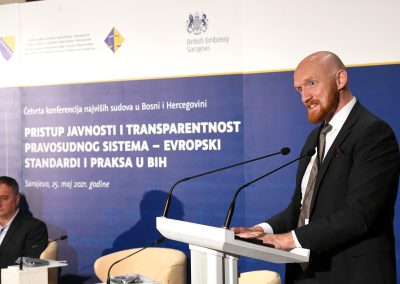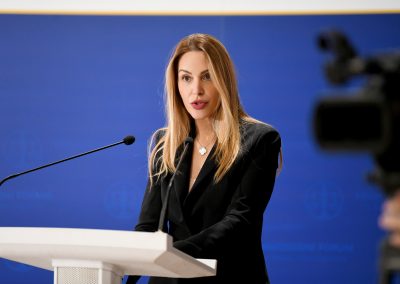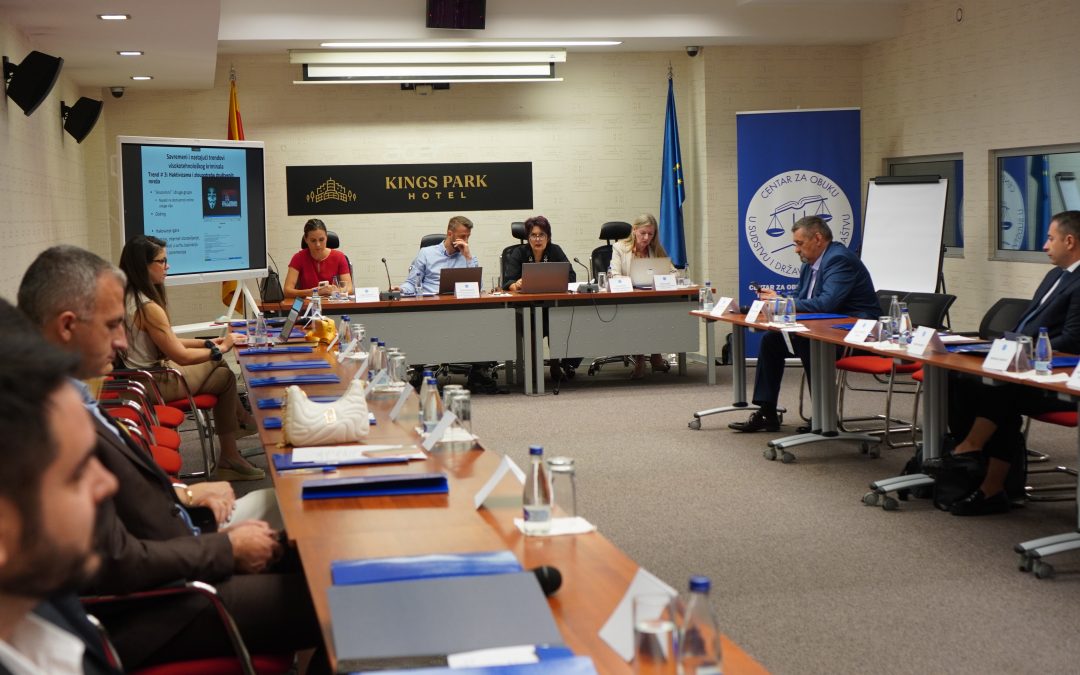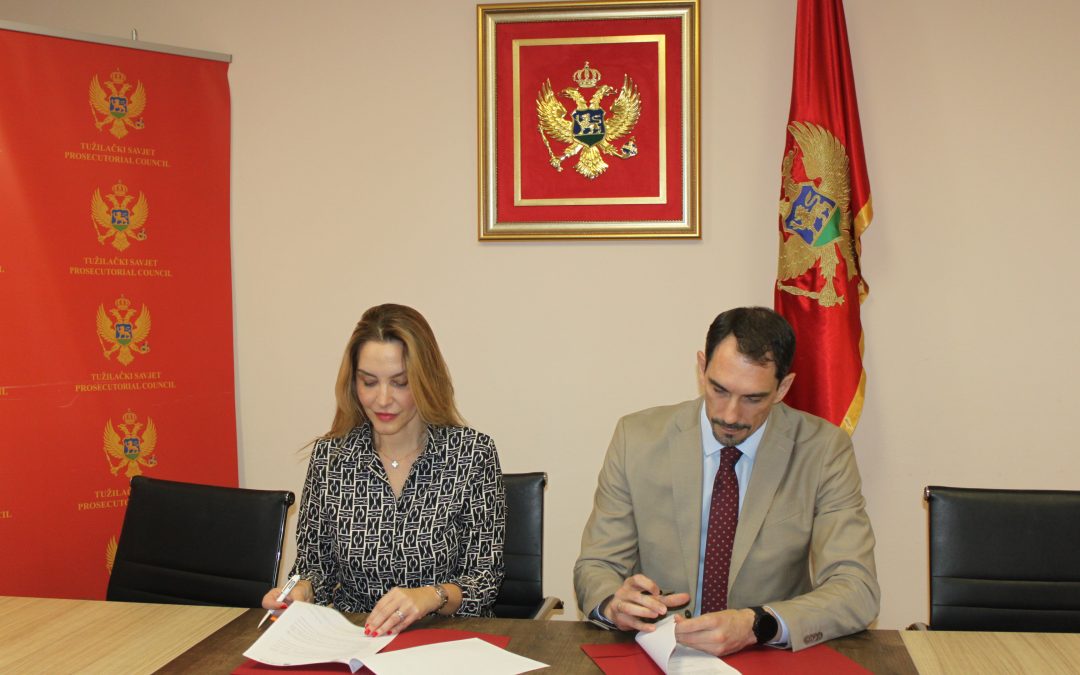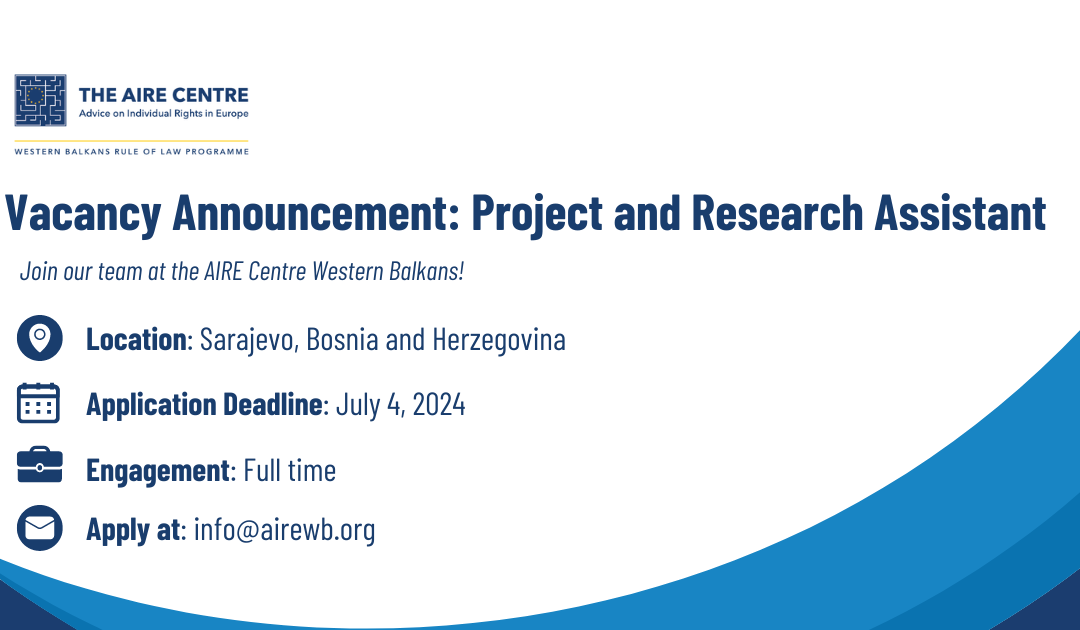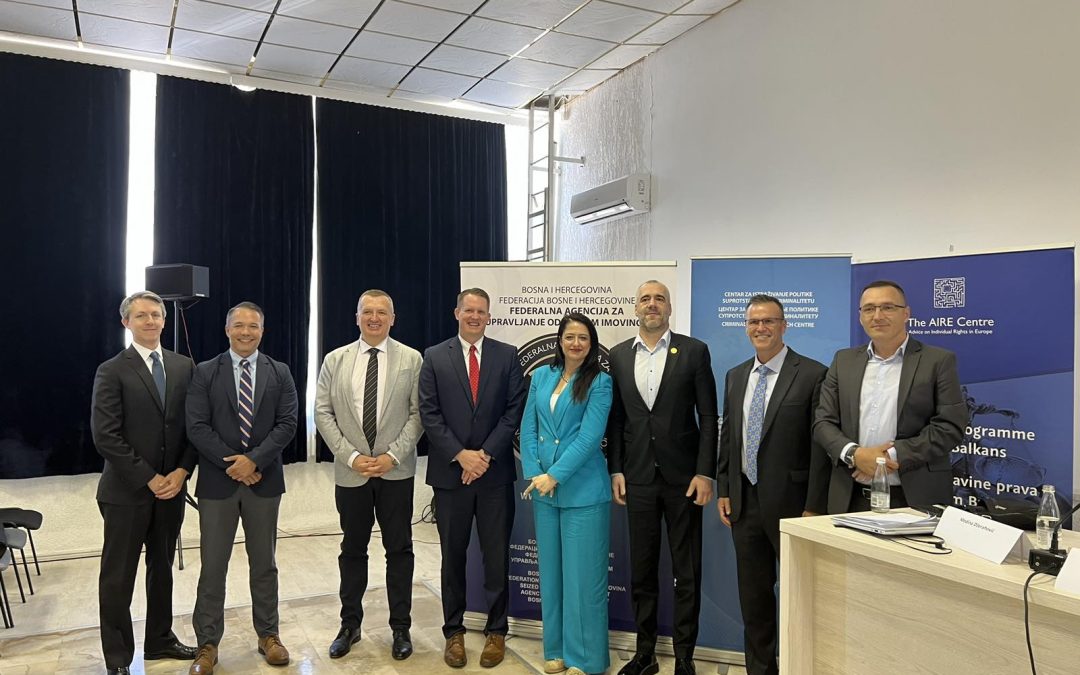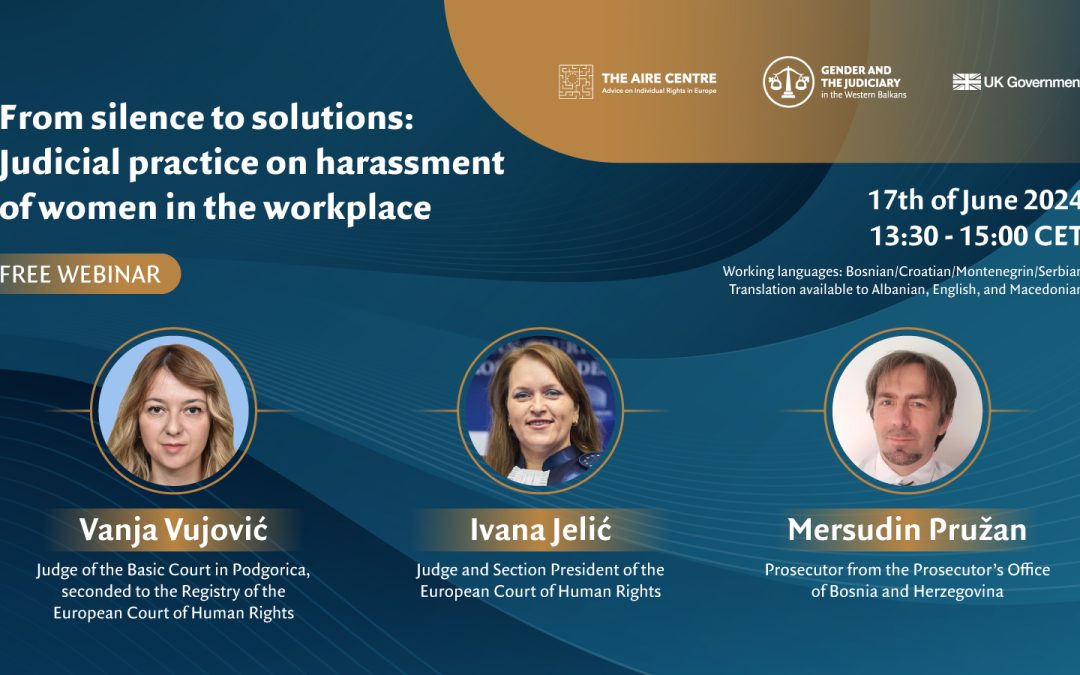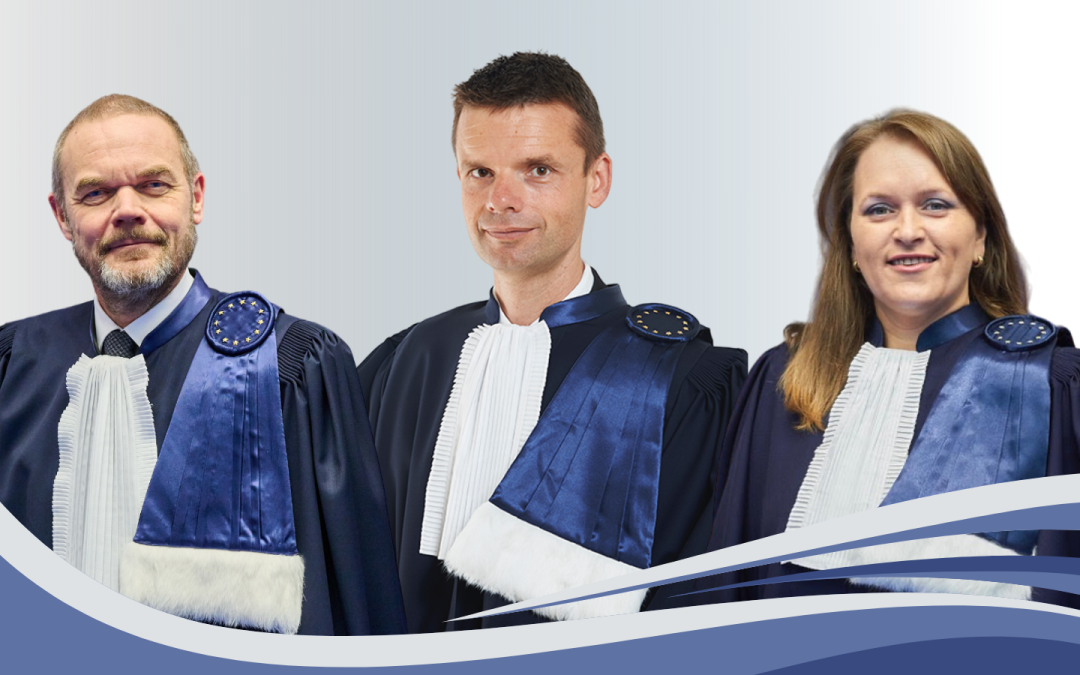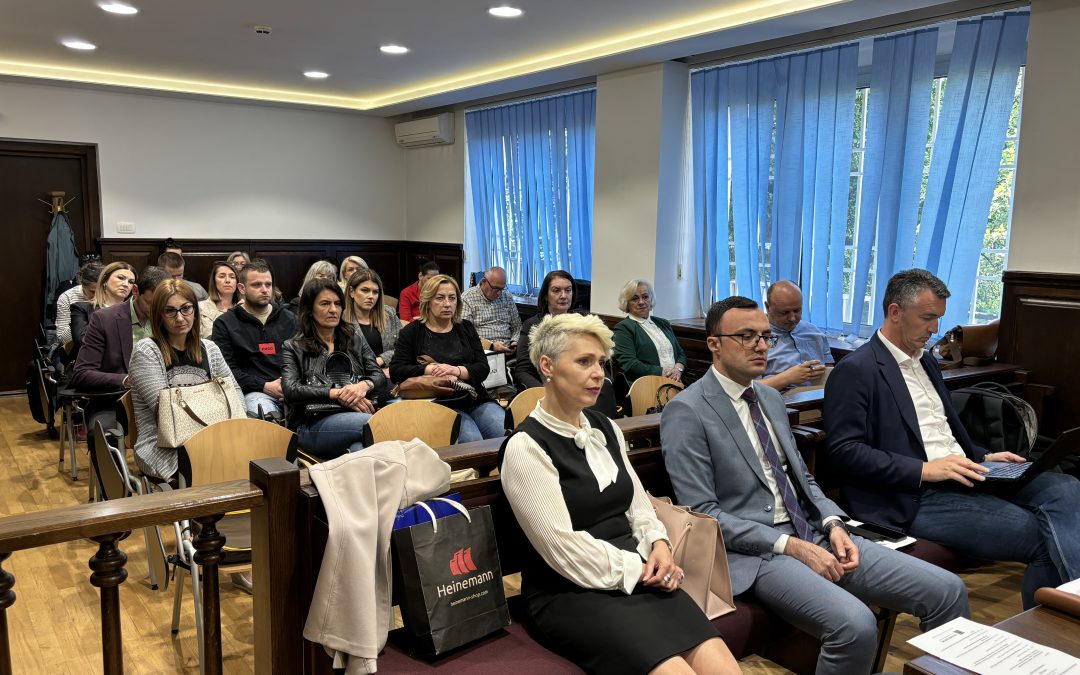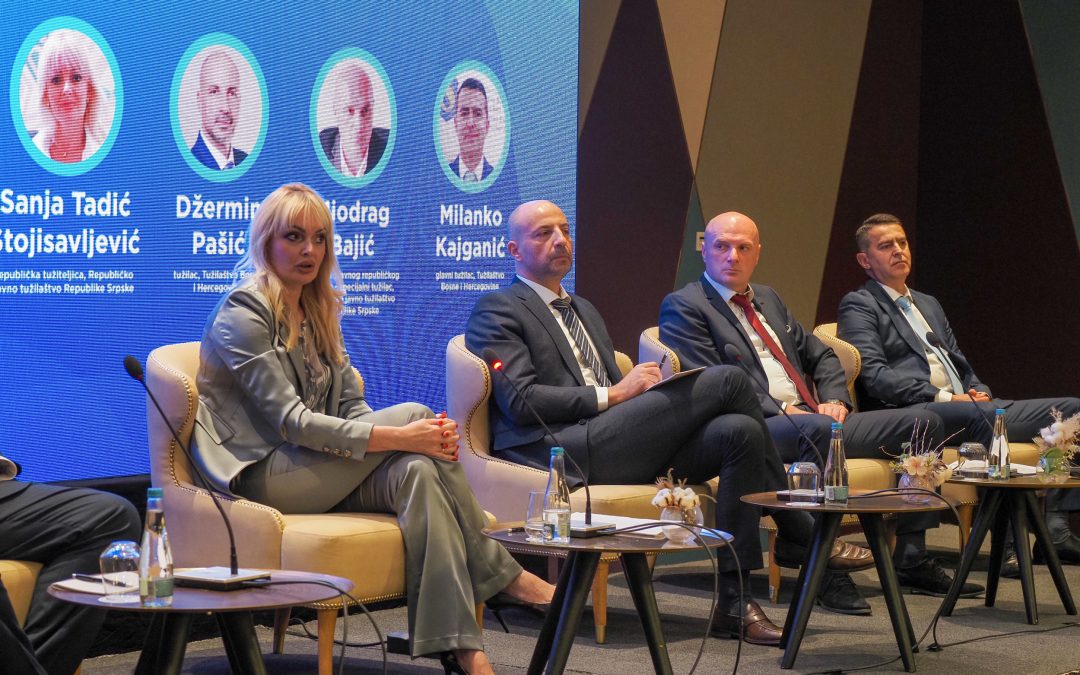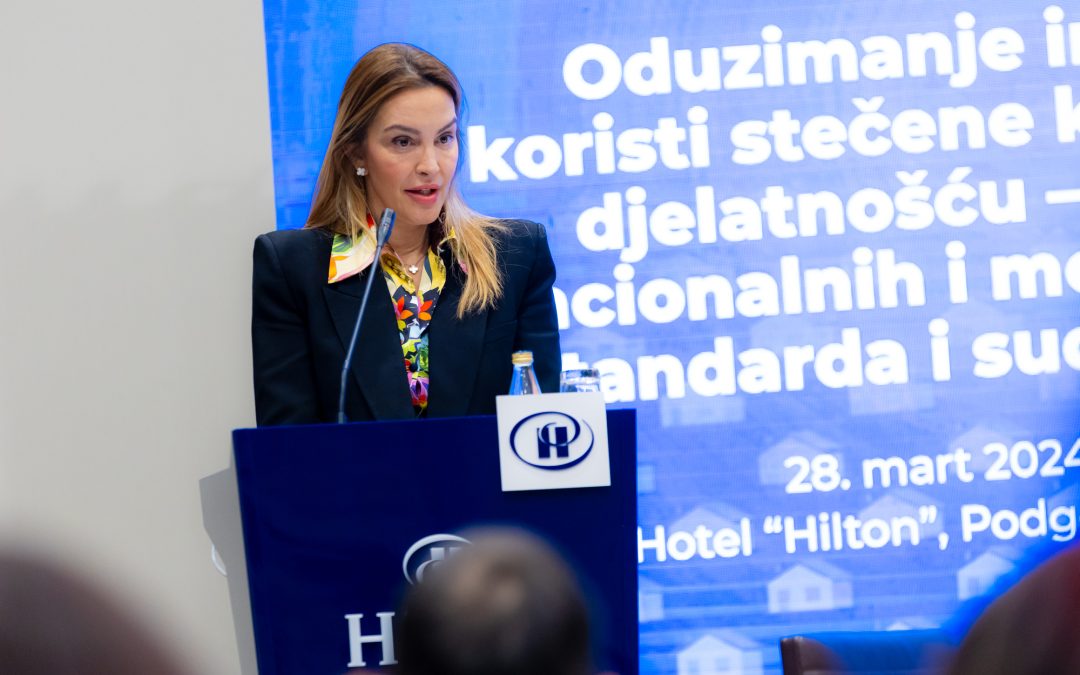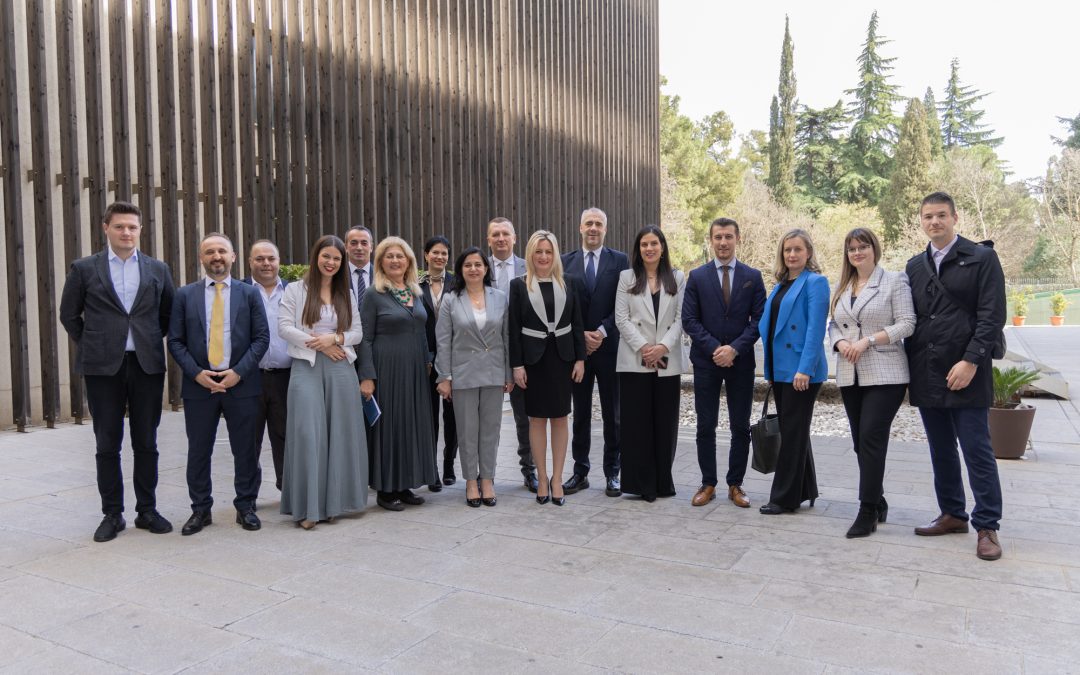The High Judicial and Prosecutorial Council (HJPC) needs to adopt a single comprehensive communication strategy that will provide access to information about the work of courts in Bosnia and Herzegovina (BiH) to facilitate public understanding of the courts’ role and their operations. This was concluded at Fourth Annual Conference of the Judicial Forum for BiH in Sarajevo, which was devoted to Publicity and Transparency of the Judicial System – European Standards and Practice in BiH.
The Conference rallied representatives of the Constitutional Court of BiH, Court of BiH, the Supreme Courts of the BiH Federation and Republika Srpska, the Brčko District BiH Appeals Court, the HJPC, the Personal Data Protection Agency in BiH, and the media.
“The Conference was organised by the Constitutional Court of BiH and the AIRE Centre’s Western Balkans Programme, in cooperation with the HJPC and with the support of the British Embassy in Sarajevo.
Zlatko Knežević, the President of the Constitutional Court of BiH, said that the Constitutional Court and the AIRE Centre have traditionally been organising the annual Judicial Forums, which have been attended by the presidents of the highest BiH courts and eminent foreign experts. He said:
“Today’s Forum was opened by the President of the European Court of Human Rights, Mr. Robert Spano, while Lord Reed, the President of the Supreme Court of the United Kingdom, introduced the topic of transparency in his opening speech. Their presentations and those given by the presidents of the highest BiH courts and editors of BiH media are expected to substantially contribute to relations between the judiciary and the media, all with a view to ensuring full transparency of the courts’ work and familiarising the general public with it.”
HJPC Chairman Halil Lagumdžija emphasised that HJPC’s strategic documents clearly testified to its commitment to pay due attention to judicial transparency and other aspects of work. Chairman Lagumdžija said:
“We’re aware that the transparency of the judicial institutions and access to information improve people’s understanding of the way courts and prosecution offices work and, thus, public perceptions that law and justice are available to everyone on equal terms.”
Talking about the problems they faced in communication with the media, court representatives said that journalists were unfamiliar with the procedures and the jurisdiction of prosecution offices and courts.
Mr. Robert Spano, the President of the European Court of Human Rights, and Lord Robert Reed, the President of the Supreme Court of the United Kingdom, also discussed outreach and communication practices and the importance of building trust in the judiciary.
Her Majesty’s Ambassador to BiH Matthew Field described how institutional transparency was crucial for building a democratic society and that judicial institutions, as guarantors of the rule of law, should be the champions of transparency. HMA Field said:
“The COVID-19 pandemic impeded the work of courts across the world, including in BiH. At the same time, the pandemic showed us the importance of the public watchdog role that journalists and the media play. Challenges opened by this topic cannot be solved at once, but it is important to work on them. This is why we are especially pleased that the highest BiH judicial institutions have raised this issue.”
Biljana Braithwaite, the Director of the AIRE Centre’s Western Balkans Programme, explained that the Judicial Forum was part of the broader activities the AIRE Centre has been conducting in BiH in cooperation with the highest courts, aimed at strengthening the implementation of the European Convention on Human Rights and its standards in BiH. Director Braithwaite said:
“The issue of publicity particularly came to the fore last year, when courts across Europe faced numerous restrictions. This crisis prompted institutions to look for new communication models ensuring that their work remained visible even in these extraordinary circumstances. Full and prompt information about the courts’ work will improve public understanding of their role and importance and thus contribute to building public trust in the judiciary.”
Media representatives stressed that journalists had trouble accessing information in courts and that these institutions did not have a uniform outreach policy.
The participants in the Forum also had the opportunity to familiarise themselves with Sarajevo Media Centre’s survey on judicial transparency and media coverage of judicial issues during the pandemic in BiH. The report noted that the courts and prosecution offices did not have a uniform outreach policy, that media coverage was often fragmented and that the press failed to investigate specific issues more extensively.
The Judicial Forum for BiH rallies the representatives of the highest BiH courts and aims to promote the implementation of the European Convention on Human Rights, foster cooperation amongst the top courts on the continuous development of the rule of law and human rights, and facilitate BiH’s accession to the European Union.
